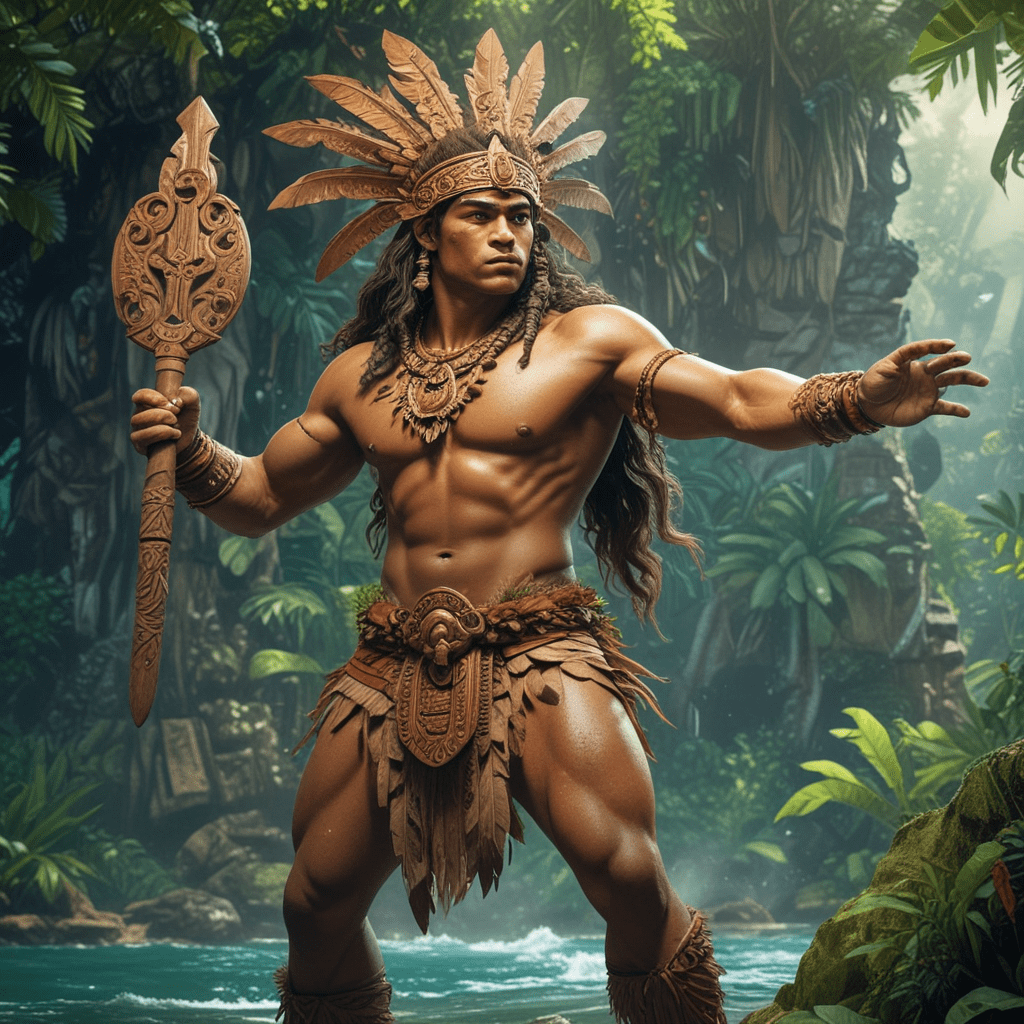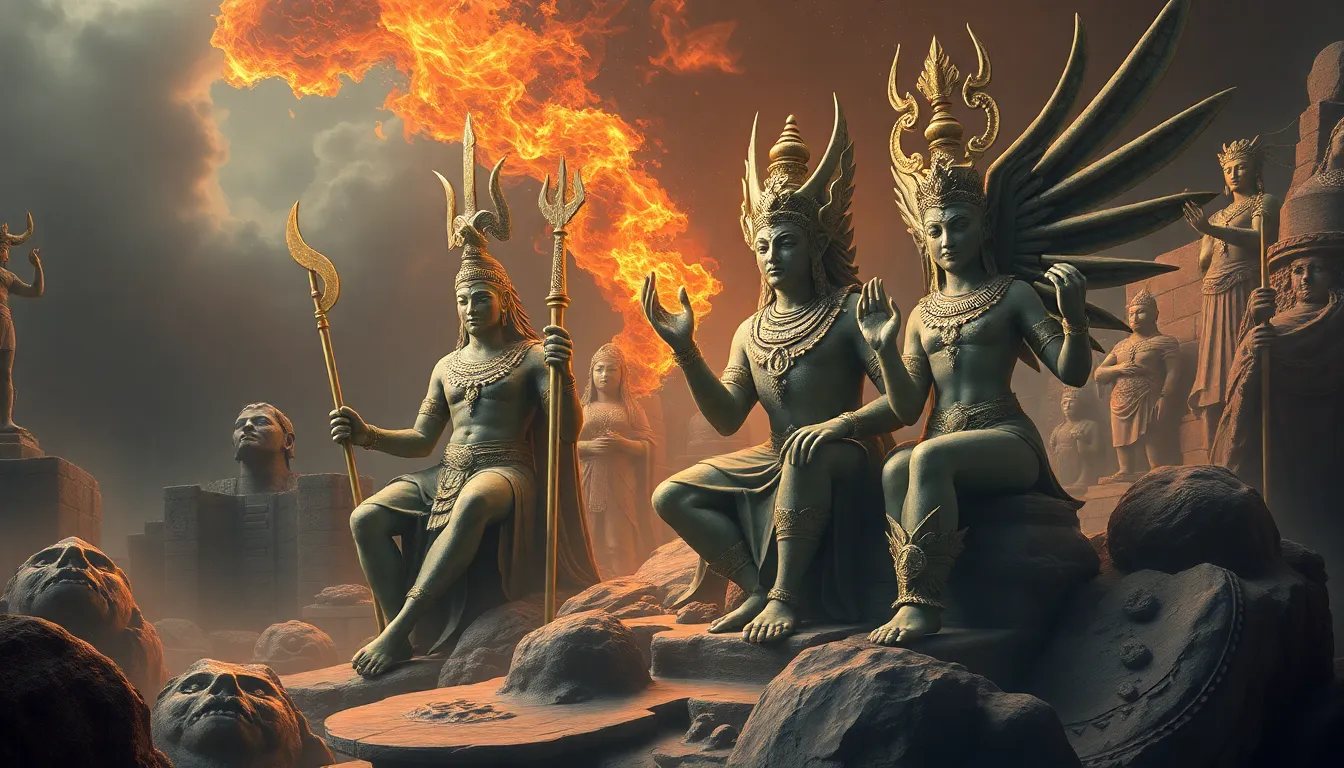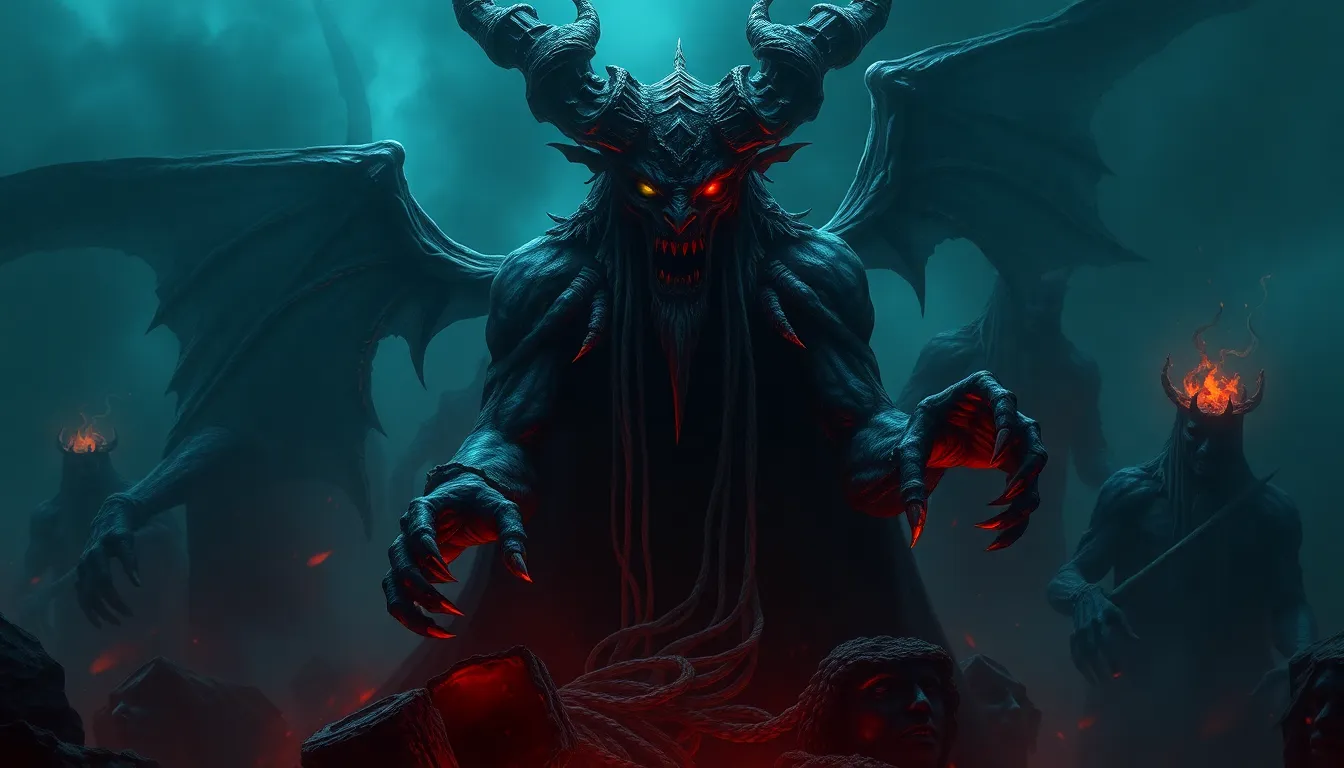Introduction: The Enchanting World of Polynesian Mythology
Polynesian mythology, a captivating tapestry of stories and legends, has captivated imaginations for centuries. Originating in the vast expanse of the Pacific Ocean, this rich oral tradition has been passed down through generations, connecting countless islands and cultures. Explore the enchanting world of Polynesian mythology, where storytelling holds a sacred place and the boundaries between the natural and supernatural blur.
The Role of Storytelling in Polynesian Culture
In Polynesian societies, storytelling was not merely a pastime; it was a vital thread that wove together the fabric of their existence. Through stories, they preserved their history, explained the origins of the world, and transmitted cultural values and beliefs. These tales were not just entertainment but also a means of education, guidance, and inspiration.
Legendary Heroes and Divine Beings
The Polynesian pantheon is populated by a myriad of legendary heroes and divine beings. Maui, the demigod with his magical hook, is renowned for his exploits such as lassoing the sun and bringing fire to humanity. Hina, the moon goddess, is celebrated for her beauty and nurturing powers. These characters embody the values of courage, strength, and wisdom, inspiring generations of Polynesians.
The Creation Myth and the Origins of the World
Polynesian mythology holds a profound creation myth that explains the origins of the world and humanity. According to this myth, the universe emerged from a vast void, and the first beings were created from the primordial elements of earth, sky, and sea. These stories provide a deep sense of connection to the natural world and celebrate the interconnectedness of all living things.
Epic Journeys and Voyages across the Ocean
Polynesian mythology is replete with tales of epic journeys and voyages across the vast expanse of the Pacific Ocean. These stories recount the adventures of fearless navigators who sailed uncharted waters, guided by the stars and their deep connection to the ocean. Their voyages symbolize the indomitable spirit of exploration and the deep bonds that connected the far-flung islands of Polynesia.
6. The Supernatural and the Sacred in Polynesian Beliefs
Polynesian mythology is deeply imbued with the supernatural and the sacred. The world is believed to be inhabited by a host of spirits, both benevolent and malevolent. These spirits could influence human affairs, causing both good and bad fortune. Rituals, chants, and offerings were performed to appease the spirits and ensure their favor.
7. The Relationship between Humans and Nature
Polynesian mythology places great emphasis on the relationship between humans and nature. The natural world is seen as a sacred realm, teeming with deities and spirits. Humans are considered to be part of nature, and their actions have a profound impact on the environment. Respect for the natural world is a cornerstone of Polynesian culture.
8. The Power of Chants and Rituals
Chants and rituals play a vital role in Polynesian mythology. Chants are believed to possess great power, capable of influencing the spirits and deities. Rituals are performed to mark important events in the life cycle, such as birth, marriage, and death. These rituals reinforce the connections between humans, the gods, and the natural world.
9. Modern Adaptations and the Legacy of Polynesian Storytelling
Polynesian mythology continues to inspire and captivate modern audiences. Its stories have been adapted into literature, film, and other art forms, reaching a global audience. These adaptations preserve the cultural heritage of Polynesia while also introducing new perspectives and interpretations. The legacy of Polynesian storytelling lives on, enriching our understanding of the human experience.
10. Conclusion: The Enduring Impact of Polynesian Mythology
Polynesian mythology is a testament to the power of storytelling to connect, inspire, and explain the world around us. Its stories have shaped the beliefs, values, and practices of countless Polynesian cultures across the Pacific Ocean. Today, Polynesian mythology continues to enchant and amaze audiences around the globe, offering a glimpse into a rich and diverse cultural heritage.
FAQ
What are the main characteristics of Polynesian mythology?
Polynesian mythology is known for its rich cast of legendary heroes and divine beings, its epic tales of journeys and voyages, its emphasis on the supernatural and the sacred, and its deep connection to the natural world.
What are some of the most famous Polynesian myths?
Some of the most famous Polynesian myths include the creation myth, the story of Maui, the legend of Hina, and the epic voyage of the demigod Tagaloa.
How has Polynesian mythology influenced modern culture?
Polynesian mythology has inspired numerous works of literature, film, and other art forms, reaching a global audience. These adaptations preserve the cultural heritage of Polynesia while also introducing new perspectives and interpretations.



